For years, wine aficionados have counted on the ability to order wines that aren't available at their
local stores. Say you're on a wine tour of Italy, or you're spending a long weekend wine-tasting in a neighboring state. Maybe you're even browsing the wines of other places late one night on your laptop. You fall in love with a certain bottle. You go to down to your neighborhood wine shop or grocery store to search for it, only to find out they don't carry it. No problem--you call up the winery or go to its website, order what you want, and a few days later, it arrives at your door. But you might not be able to do this for much longer.
A new bill, called HR 5034, or the CARE Act, aims to exempt alcohol from the Commerce Clause, which says that the federal government, rather than the states (they were originally given this power when Prohibition was repealed) should have control over alcohol regulation.
Proponents say that the bill is needed to clarify states' rights and keep alcohol out of the hands of underage drinkers. But those opposed say that these reasons are merely a smokescreen that cover up the true motivation for the bill: so that the large alcohol wholesalers can protect their business by removing federal regulations and keeping consumers from challenging alcohol laws that give their business away to small wineries.
Under the current system, states decide individually what their alcohol regulations should be. For years, many state laws prevented alcohol from being imported and exported out of the state. This may have been logical in the Prohibition days of moonshiners and rum runners, but in today's mobilized world, these rules prevent consumers from obtaining wine, beer, and liquor that wasn't available in their states. As a result, consumers challenged these rules and today, 37 states and Washington D.C. allow alcohol to be shipped to consumers across state lines.
The new bill would make it next to impossible for producers, retailers and consumers to challenge these laws and others like them. It would also undermine federal authority over alcohol pricing, taxation, product formulation, advertising, labeling, and product safety, which the bill's opponents argue are essential to help protect the public. It would make it much easier for wholesalers to monopolize the industry by making it very difficult for small producers to gain a competing foothold.
HR 5034 would likely mean that wineries wishing to get their product out there would have to go through large distributors. For small "boutique" wineries like those that have been emerging in San Diego in recent years, this might mean that they can't stay in business. Shipped wine currently represents less than 1% of the industry. But for a small winery just getting started, an extra 10 or 15 cases shipped directly out to consumers can mean the different between being able to produce another vintage next year or having to close up shop. No direct shipping means that all wine sales business goes to the retailers--who are mostly large wholesalers. Is it any surprise that HR 5034 was written by the National Beer Wholesalers Association (NBWA) with support form the Wine & Spirit Wholesalers Associations (WSWA)?
One thing to consider is that there are a lot more varietals and vintages produced than any wine store--even a great one--can be expected to carry. What you see on the shelves is only a small percentage of what's out there--it has to be. And for wine lovers in smaller cities, there's even less of a selection. True consumer freedom means being able to choose the products you want without restriction from where you happen to live or what retailers choose to offer you.
Beyond business control or consumer rights, there's something to be said about the sort of cosmopolitan ideals that wine fosters. Since certain grapes can only grow in certain environments, wine is something we have to share between states and nations if we want to experience all of its wonderful variety. Through wine, we learn to appreciate the little nuances that makes every wine region unique. Isn't that something we should be able to raise a (direct-shipped) glass of wine to?

